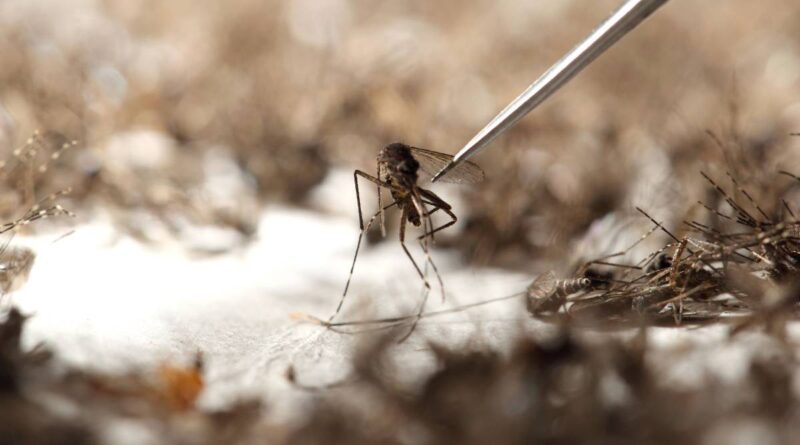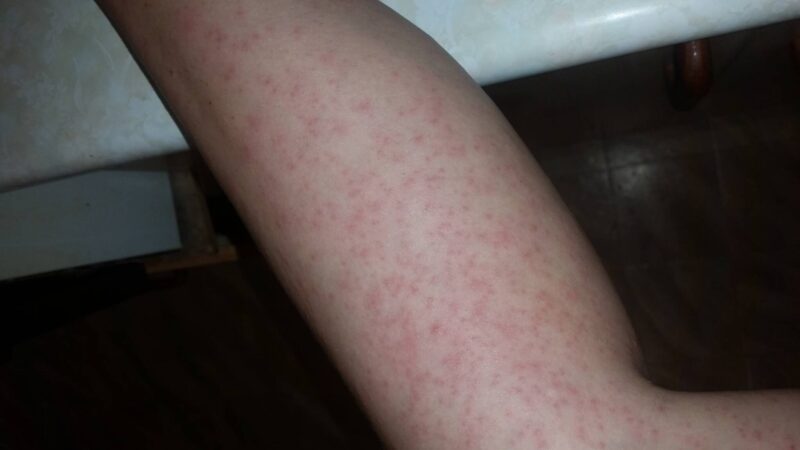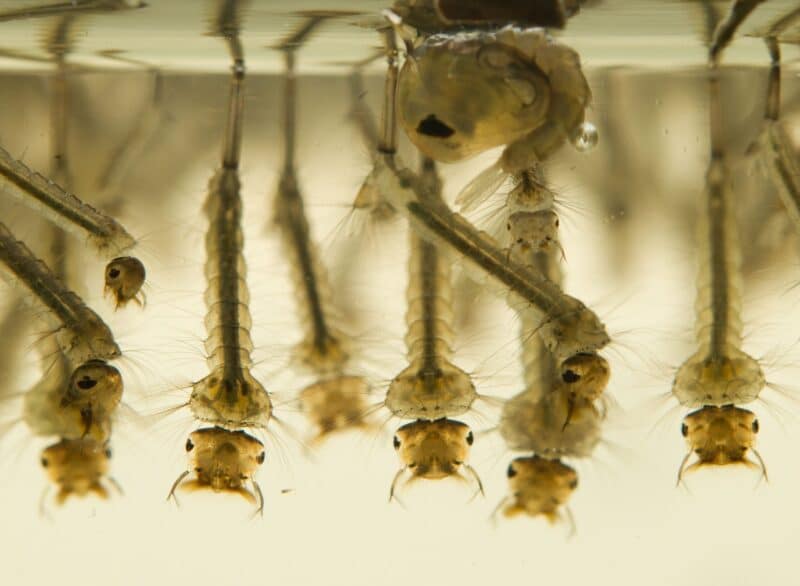Rare mosquito infections can transfer from animals to humans. Some viruses have specialized primary hosts that enable them to develop well. When another mosquito bites the primary host and then bites a human host, then rare mosquito infections develop fully. The Barmah Forest Virus is one such infection. Knowing more about rare mosquito infections like this can help you keep yourself and your family safe.

What Barmah Forest Virus Is
This virus is spread by mosquito bites from animal hosts to human hosts. Marsupials are the carriers. Wallabies, possums, and kangaroos are examples of these animals. When a female mosquito bites one of these animals, the virus transfers to the mosquito. Once a human gets bitten by the infected female mosquito, the Barmah Forest Virus incubates and then matures. This virus can only transfer from animal to human. You cannot get this infection from another person. The Barmah Forest Virus is endemic in Australia. It is also found in most regions, including the western part of the Great Dividing Range. People who spend much of their time outside have a high risk of getting the Barmah Forest Virus. You have an even higher risk if you stay around rivers or wetlands. Catching this virus will not be fatal. You will recover when it has run its course.
Symptoms
After you are bitten by an infected mosquito, the incubation period for the Barmah Forest Virus is 3-11 days. Below are the known symptoms of the Barmah Forest Virus. These symptoms and their severity can differ from one person to another:

- Tiredness
- Swollen lymph glands
- Headaches
- Chills
- Fever
- Muscle tenderness
- Fatigue
- Joint swelling
- Joint pain
- Swollen lymph nodes
- Muscle pains
- Rashes of different appearances (limbs and trunk)
When you develop this infection, you will be sick for a few days. However, you may experience the symptoms for up to six months. Children and some adults may not show any symptoms. Most patients recover in six months. Others have recurring symptoms.
Diagnosis

A blood test can check if you possess the antibodies that can fight off the Barmah Forest Virus. You need to get this blood test when you start feeling sick and then two weeks later. Your doctor may diagnose you with Barmah Forest Virus. Rare mosquito infections like this can change the way your body reacts to illness. They can even change your antibody levels like what this specific virus can do.
Transmission
Rare mosquito infections like the Barmah Forest Virus are transmitted through mosquito bites. Spending time outside, near the vectors for this disease increases your risk.
Treatment
Unfortunately, there are no treatments available for infections caused by the Barmah Forest Virus. The treatment will target the symptoms only.
Prevention and Protection
There is no vaccine to prevent this virus from developing in your body. You can only prevent rare mosquito infections from affecting you by avoiding mosquito bites. Here are some effective ways of protecting yourself from mosquitoes:
- Limit your time outdoors when there are many mosquitoes about
- Wear loose-fitting, long clothes, with covered shoes
- Place insect screens on all doors, windows, or vents
- Use mosquito repellents with DEET or picaridin
- Use mosquito coils in small outdoor areas
- Sleep under mosquito nets
- Clean your gutters
- Clear your yard of dead leaves and stagnant water

Rare mosquito infections like the Barmah Forest Virus can cause chaos in your body. It can either make you miss a few days of work or stay with you for a long time. Working with your doctor can help treat the symptoms and prevent complications as the infection runs its course. Of course, preventing mosquito bites is the most effective way to keep rare mosquito infections